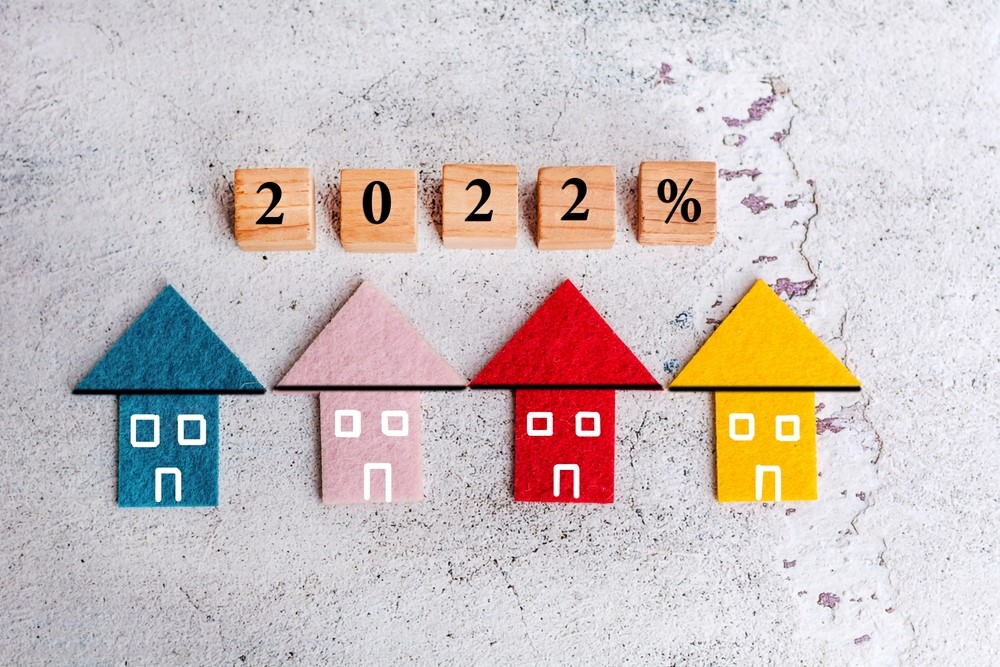Your credit rating is one of the most important things you could know about your financial health. Credit rating controls many things; you might struggle to borrow money, get a mortgage, or even get a job if you have a poor credit rating, so there’s a chance your credit could be holding you back. With that in mind, you might be wondering how you can easily check your credit score, and whether there’s anything you can do to bring it back to parity. We’ve got some good news for you: it’s very possible to improve your credit score with the right steps. Here’s our guide on how to check your credit rating and how to improve it if you don’t like what you see.

•Checking your credit score is free and easy
Technically, there is a minor difference between “credit score” and “credit rating”, but you will often see the two terms being used interchangeably. As such, let’s talk about how to check your credit score (or your credit rating!). You can use websites like Experian, Credit Karma, and Equifax to see what your credit rating is. These sites will often ask you to sign up and submit a few details so they can perform a credit check on you, and they’ll also frequently offer tips on how you can improve your credit score, so it’s a win-win situation for you.
•Borrowing money could actually improve your credit score
Sometimes, you can have a poor credit rating because of things that happened in your past. Credit score can stick, though, and if it does, you’ll be looking for ways to improve it. One way you can do this is actually to borrow money, as counterintuitive as it might sound. Seeking out a very bad credit loans direct lender and borrowing money from them, then paying it back promptly and regularly, will boost your credit score in the long run because it involves you making repayments on loans. Think about it: if you don’t repay loans, how will lenders know that you’re solvent?
•It’s not just lenders who perform credit checks
Obviously, if you’re trying to take out a loan, you’ll find that lenders will perform credit checks to ensure your financial health is sound. However, it’s not just lenders who will do this. You’ll find that if you’re trying to go for a mortgage on a property, for example, mortgage lenders will check your credit score. Some employers have even been known to do so; if they notice that you exhibit erratic financial behaviour, they may be less likely to consider employing you. Your credit rating is public knowledge, so it’s important to make sure everything looks good.
•Get yourself on the electoral register
If you’re not on the electoral register, this can have a seriously negative impact on your credit rating. Adding yourself to the electoral register is, thankfully, very easy; you can do so via the UK government website, and being on the register can save you a lot of headaches besides your credit rating, so it’s very worth doing so. Lenders will often use the electoral register to ensure that your address is what you say it is and that you are a legitimate UK citizen, and if they find that you’re not there, then they may be suspicious and need to perform alternative checks, which won’t bode well for you.
•Keep credit utilisation low
If you can, try to make sure that you’re staying well under your credit card limit. Of course, this isn’t always going to be easy, but a good number to aim for is around 30-35%. This will show that while you’re happy to utilise your credit card, you don’t need to hit the limit, which is good news for lenders as it shows you have money to spare with which you can repay loans. If you must spend towards the limit, make sure the repayments you make are prompt and regular, because lenders don’t like to see maxed-out credit cards with no payments being made on them.
•Try a credit-building card
Many companies will supply specific cards that are designed to help you rebuild your credit rating. These “credit-building cards” work differently to regular credit cards; instead of having a balance you can spend, you make repayments on the card before you get access to the balance. The card is specifically designed to build your credit rating by adding regular repayments to your score, thus showing lenders that you’re capable of making these payments. It can help to get one of these cards instead of an actual credit card, although fees can sometimes be higher, so make sure you exercise caution.
•Check your credit report for mistakes
You’d be amazed just how many poor credit scores are the result of minor mistakes or errors that are easily corrected. Make sure to comb your credit report carefully to check whether or not there are any mistakes on it. If there are, rectify them immediately, or as quickly as possible. The longer those mistakes sit on your report, the more damage they’re capable of doing. Lenders and companies may overlook you due to these mistakes, so it’s important to contact whoever you need to in order to get them fixed. This also goes for any fraud you’ve been the victim of; make sure that this is dealt with promptly, or it could damage both your credit score and your personal financial health.
